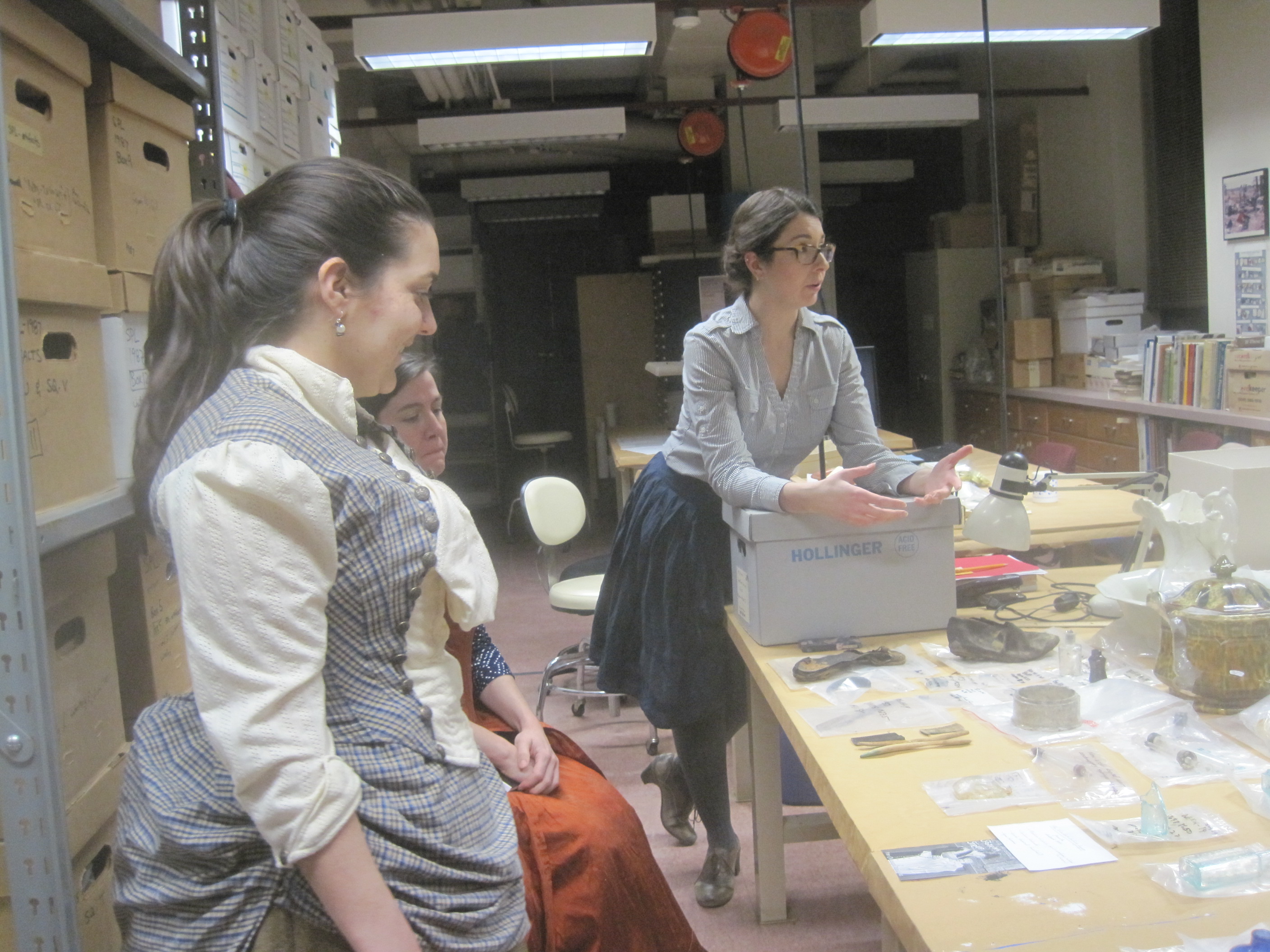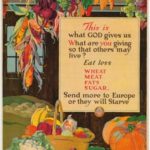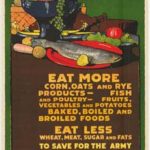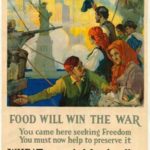Course Spotlight: Food and Public History, Spring 2018
 In this 4-credit course, we will examine interpretive foodways programs from museums, living history museums, folklore/folklife programs, as well as culinary tourism offerings, “historical” food festivals, and food tours. Our goal is to compare different way to teach the public about history or cultural heritage using food, and teach the public about the history of food. How do we engage the public? How do we demonstrate the relevance of food as both a historical subject and as a topic of interest today? Through different approaches to public history, can we connect our audience to issues that are so critical today—the future of food movements, for example, or the preservation and understanding of cultural difference? How can we successfully engage the public, whether through displays, tours, or interactive/sensorial experience?
In this 4-credit course, we will examine interpretive foodways programs from museums, living history museums, folklore/folklife programs, as well as culinary tourism offerings, “historical” food festivals, and food tours. Our goal is to compare different way to teach the public about history or cultural heritage using food, and teach the public about the history of food. How do we engage the public? How do we demonstrate the relevance of food as both a historical subject and as a topic of interest today? Through different approaches to public history, can we connect our audience to issues that are so critical today—the future of food movements, for example, or the preservation and understanding of cultural difference? How can we successfully engage the public, whether through displays, tours, or interactive/sensorial experience?
Students will have the opportunity to hear from several experts in historical interpretation, public history, and food history programs, including Dr. Cathy Stanton (Anthropology, Tufts University), whose expertise is in the intersection of food movements and public history; Millie Rahn (Heritage Studies, Plymouth State University), a specialist in folklore studies and folk festivals; Alyssa Shoenfeld, founder of Bites of Boston Food and History Tours; Kathleen Wall, Plimoth Plantation Culinarian; and Ryan Beckman, manager of Historic Foodways Old Sturbridge Village.
This is a project-based course involving experiential learning and hands-on activities. We will be taking field trips to area museums (Plimoth Plantation and Old Sturbridge Village). I hope to schedule two walking tours in Boston as well. In addition, our visits will serve as case studies, allowing students will examine the process of creating mission statements, interpretive goals, and entrepreneurial offerings, as well as different methods of communicating with the public. Projects that build off of these case studies will include developing and creating an exhibit of cookbooks from our cookbook library for display to the university community, and hopefully an exhibit proposal for an area folk festival. The course culminates in a final project in which students develop a proposal for an interpretive foodways program for an area museum, tour program, or other public history forum.
Hope you will join us!
A live classroom option for distance students is available for this course. For more information, contact kmetheny@bu.edu.
MET ML 623, Food and Public History, meets on Tuesday evenings from 6 to 8:45 PM, beginning January 23. Registration information can be found on this page.



